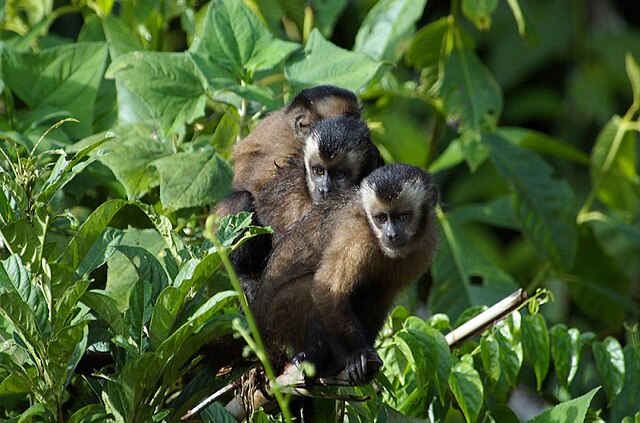
What Is Biodiversity?
Understanding the environment is paramount to protecting the planet, but with the overload of information available, some terminology can get lost along the way. ‘Biodiversity’, for instance, is a staple buzzword when it comes to climate change, but what does it really mean?
Biodiversity Defined
Quite simply, biodiversity means ‘the variety and abundance of the world’s plants and animals’ (Flora & Fauna, 2024). On a global scale, biodiversity might refer to an entire species at risk of extinction, while on a local scale, a rainforest is home to tens of thousand different species – this is a biodiverse environment. The rainforest is rich in biodiversity, whereas a plantation with only one type of tree would lack biodiversity, as it may not support many other species.
Biodiversity Loss
A reduction in the number of plant and animal species is known as biodiversity loss. The extinction of species worldwide is an indicator of biodiversity loss and currently, it’s declining faster than ever before – some scientists even believe the Earth is experiencing its sixth mass extinction. Species extinction is just one essential element of biodiversity loss, but it also results in deprivation of the services that natural ecosystems provide to humans, such as the oxygen we breathe or the pollination process.
What Causes Biodiversity Loss?
According to Earth.org, there are four key causes of biodiversity loss. While natural processes can result in permanent changes to the environment, human activity since the Industrial Revolution has expedited the loss. Habitat loss due to land and forest clearing is a significant driver. The human development of land and expanding industries has caused the loss of millions of hectares of trees and their associated ecosystems. This means that natural habitats, such as forests, are declining, having a catastrophic impact on the animals, plants and insects they are home to.
Wildlife trading causes nearly 30,000 species to become extinct every year. Wildlife and exotic pet trading, as well as animal poaching, often target vulnerable species putting them at greater risk of extinction. Overfishing means that due to the demands of the commercial fishing industry, humans fish at a higher rate than stocks are able to replenish. Despite the regulations in place, many marine species are in decline.
Climate change is perhaps most widely known as contributing to biodiversity loss and environmental damage, as the human dependence on fossil fuels and the consequent greenhouse gas emissions have caused climate change. The rising temperature across the globe means that species cannot move or adapt quickly enough to keep up with the changes, putting millions of species at risk of extinction.
Fundamentally, biodiversity is the planet’s superpower; the Earth’s capability to home so many living things.
If you are interested in Science or specifically Biology, Oxford Open Learning offer you the chance to do so at the levels listed below. You can also Contact Us.